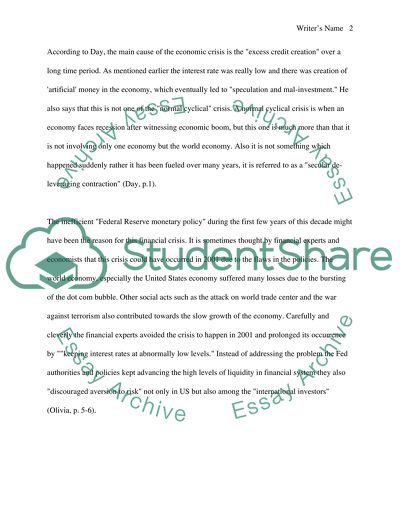Cite this document
(“Economic crisis Essay Example | Topics and Well Written Essays - 3000 words”, n.d.)
Retrieved from https://studentshare.org/miscellaneous/1516862-economic-crisis
Retrieved from https://studentshare.org/miscellaneous/1516862-economic-crisis
(Economic Crisis Essay Example | Topics and Well Written Essays - 3000 Words)
https://studentshare.org/miscellaneous/1516862-economic-crisis.
https://studentshare.org/miscellaneous/1516862-economic-crisis.
“Economic Crisis Essay Example | Topics and Well Written Essays - 3000 Words”, n.d. https://studentshare.org/miscellaneous/1516862-economic-crisis.


